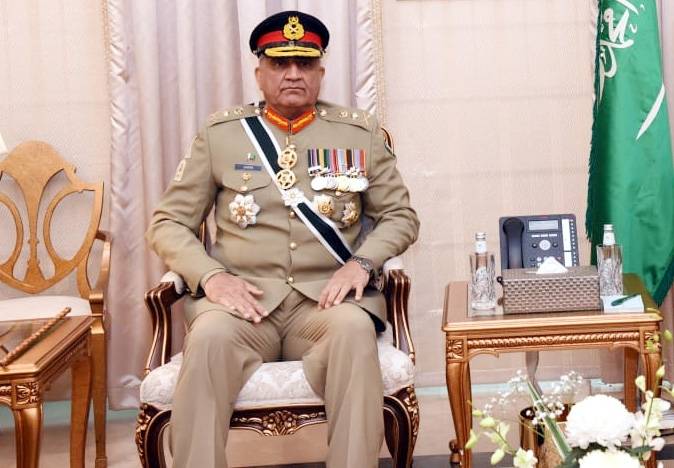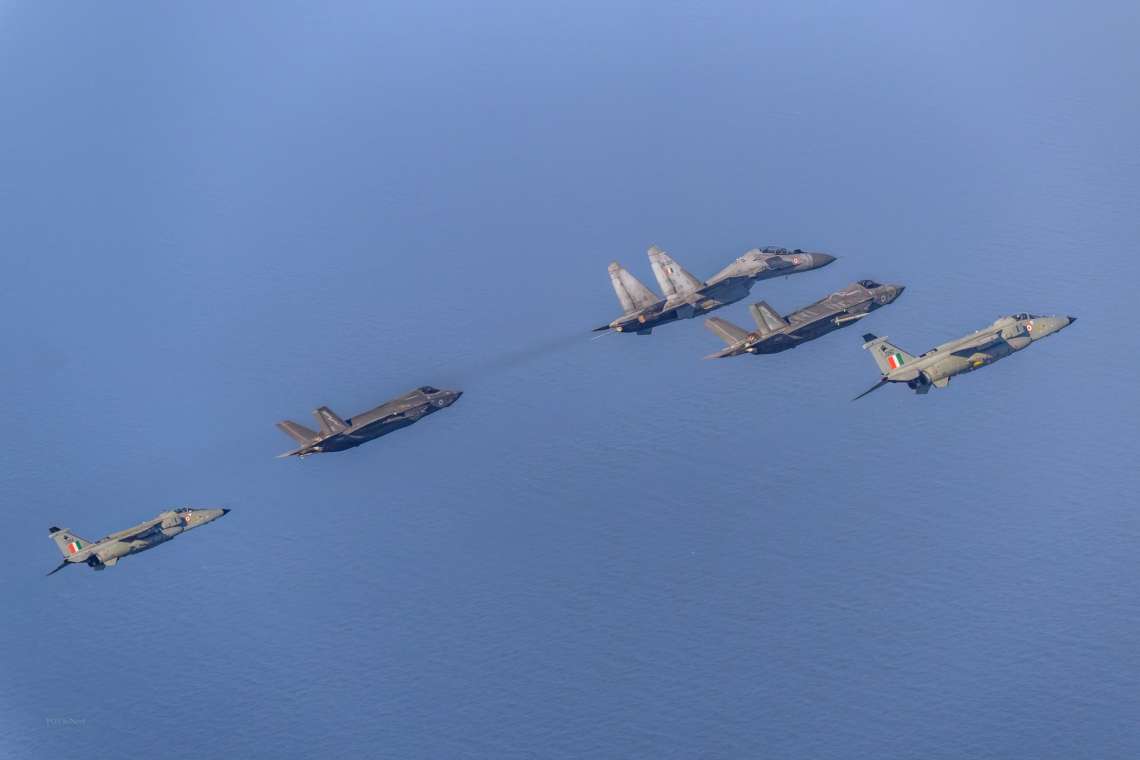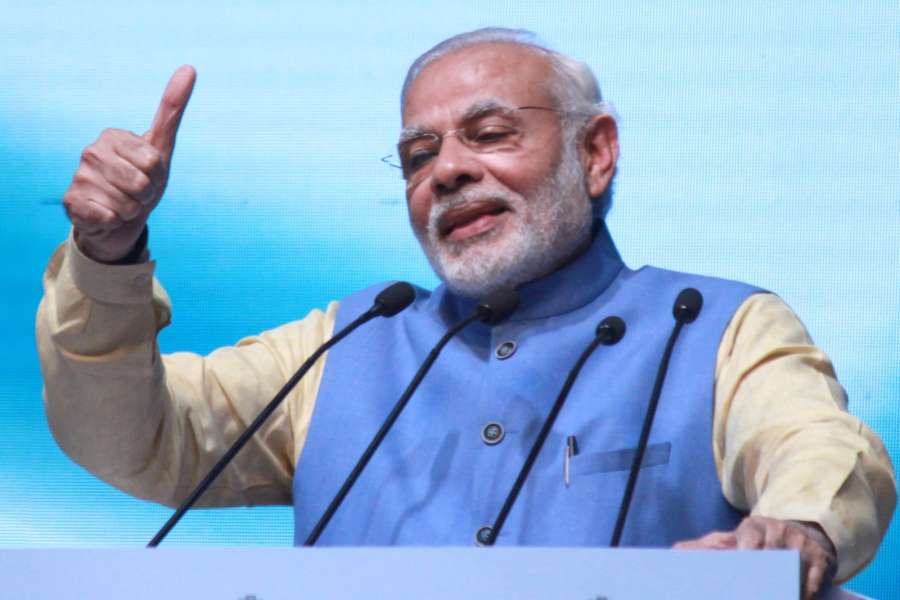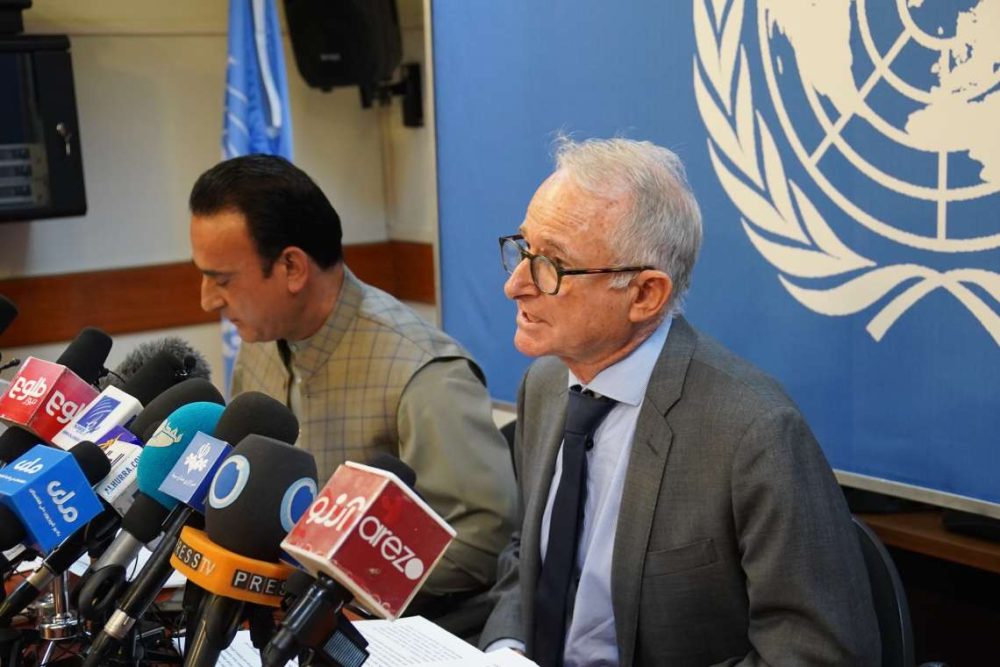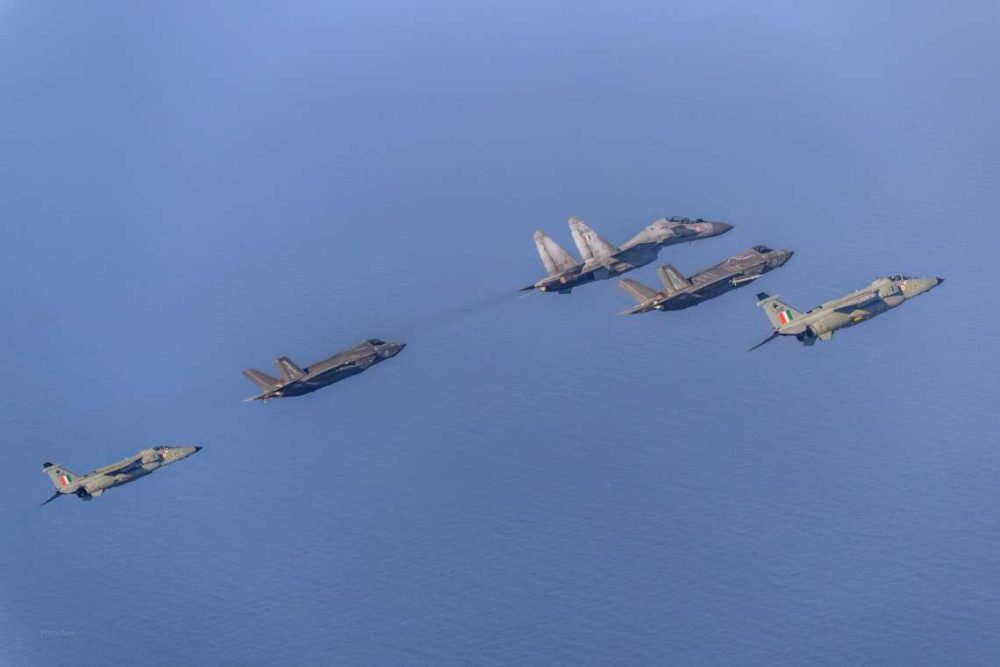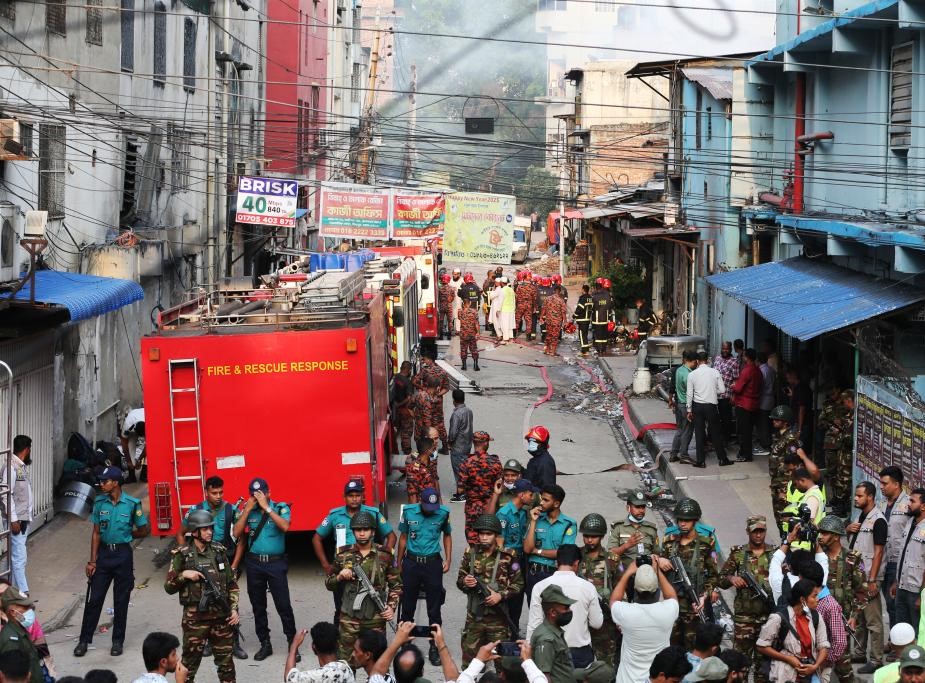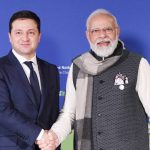While objecting to India’s right to change its Kashmir status, Pakistan asserts such a right in the Kashmir territories it occupies. It has started the process of transforming Northern Areas, renamed lately as Gilgit-Baltistan, into the fifth province of Pakistan though that has made the locals restive and hit the streets … writes Basherullah Khan
A recent instance of firing at the LoC in Kashmir by Pakistani security forces shows that nothing much has changed since the much-publicised March agreement to honour the 2003 ceasefire accord.
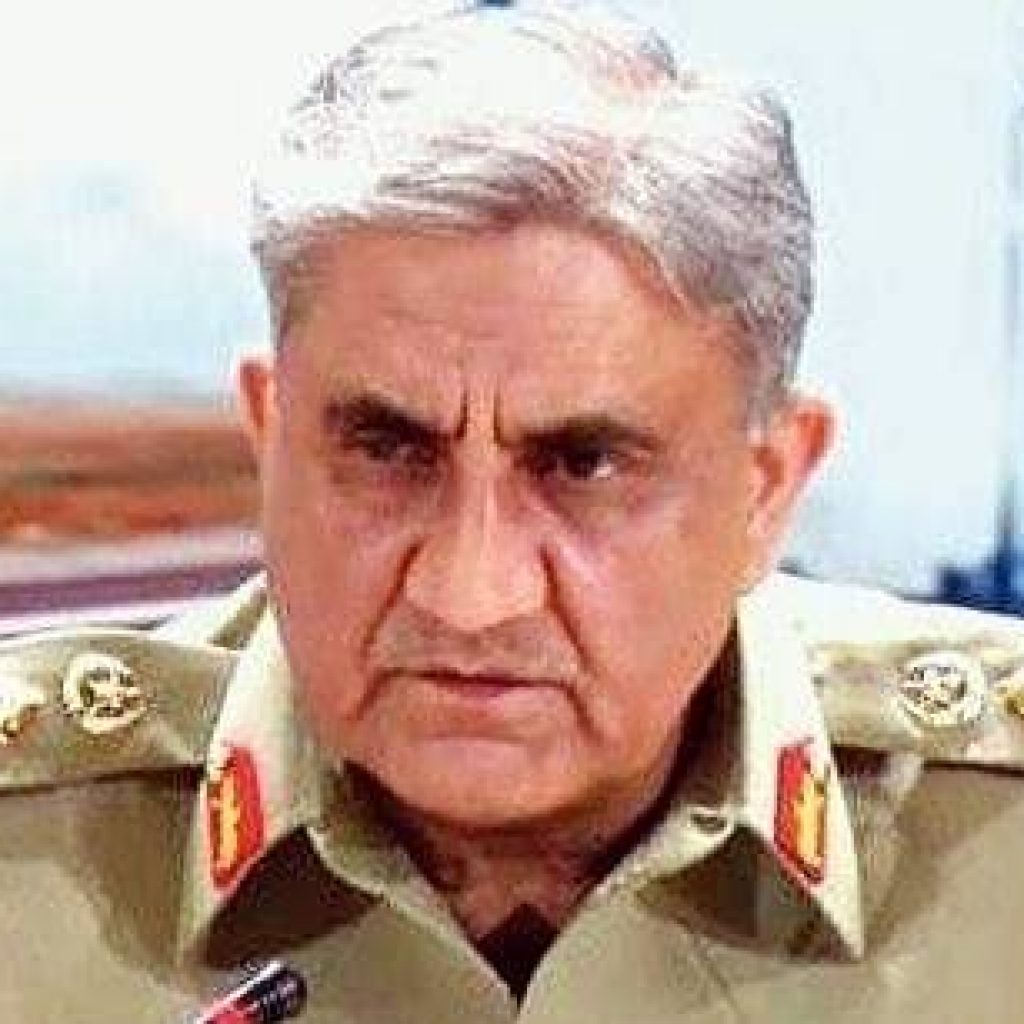
There is no let-up in the virulent anti-India propaganda from Pakistan. Politicians of all hues, the Generals, the liberals dominating the English media and the Islamists who thrive on the Urdu media, all have one simple take: Normalisation of relations impossible unless Kashmir issue is resolved first.
The talk of good relations with India, and the clamour for a medical corridor to Kashmir to help corona patients are a part of a new campaign to befool the world. In the process, the Pakistani leadership- civilian and military as also the strategic analysts brigade has begun to imagine that they can dictate terms to India.
Thus, a caveat to the peace offer is that India will do nothing that changes the special status of Jammu and Kashmir. This in essence is a demand that Indian Prime Minister Narendra Modi roll back his August 2019 map that created two federally administered territories out of Jammu and Kashmir.
While objecting to India’s right to change its Kashmir status, Pakistan asserts such a right in the Kashmir territories it occupies. It has started the process of transforming Northern Areas, renamed lately as Gilgit-Baltistan, into the fifth province of Pakistan though that has made the locals restive and hit the streets.
Back-channel diplomacy that reportedly facilitated the renewal of ceasefire pledge has raised the hackles of many Pakistanis – notable amongst them are Ashraf Jehangir Qazi (a former ambassador to the US, India and China) and senior journalist Nasim Zehra. Both, like many of their ilk, have questioned the rationale for these talks undertaken by the security establishment.
“Security institutions have a preference for early engagement with India”, Zehra wrote in The News International on May 7, and added that the foreign office mandarins were not in the loop.
Whatever be these ifs and buts, the fact that cannot be ignored is that there is no avenue for direct talks between the two countries. Pakistan recalled its high commissioner in India in 2019 and India was forced to follow suit.
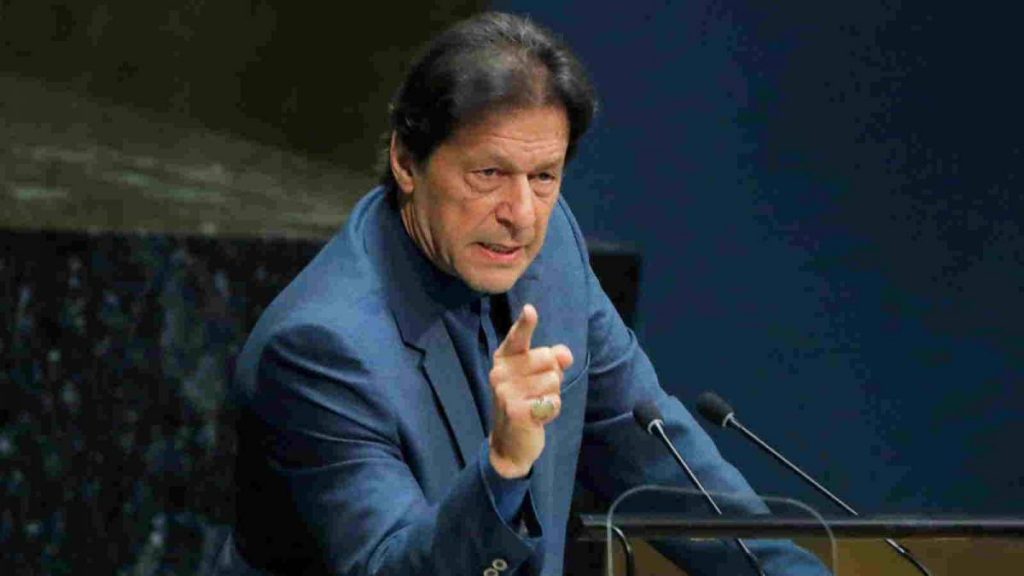
Writing in Dawn on 7 May, Ashraf Jehangir Qazi, said: “Reportedly, Modi took the initiative (for back-channel talks)”.
Most Pak commentators share this view and contend that peace with Islamabad is essential for New Delhi at this juncture. They cite two specific reasons. One Modi is politically weakened “by the gross and tragic mishandling of the pandemic which has now been reflected in significant defeats in three out of five state elections?”. Two military setbacks (of India) in confrontations with China have led to “fears of a China-Pakistan alliance against India’s regional aspirations?”.
The next FATF plenary is due in June when the Pakistan case will come up for review. How things play out is difficult to crystal gaze since Prime Minister Imran Khan has not endeared himself to the West with his Islamophobia war cry.?
Prime Minister Imran Khan and his garrulous foreign minister Shah Muhammad Qureshi are, however, loath to speak about their country’s soft underbelly. Their eagerness to cash in on the back-channel talks is such.
It is not pandemic hit India but Pakistan with its tag of epicenter of global terror that needs to urgently change its image. The Joe Biden administration has provided the opening with its conviction that a smooth US exit from Afghanistan requires cooperation from Pakistan and leveraging of the latter’s hold over the Taliban. Pakistan sees manna in the US help at the World Bank, which has placed harsh conditions for its bail-out package and at the Financial Action Task Force (FATF), which has put it on Grey List.
The next FATF plenary is due in June when the Pakistan case will come up for review. How things play out is difficult to crystal gaze since Prime Minister Imran Khan has not endeared himself to the West with his Islamophobia war cry.?
Over the past nine months, Pakistan’s fiscal deficit has widened to 3.6pc. And debt servicing surged to (Pakistani Rupees, Rs) 2.1 trillion, according to a dispatch in the Karachi daily, The Express Tribune, on May 7. These twin developments have consumed 82% of government’s net revenues, “resulting in a steep cut in development budget and containing defence spending”, the report added.
Pakistan’s dubious reputation for duplicitousness is compounding its economic woes. The façade of talking with India gives a badly needed respectability. The pre-condition for resuming talks with India – restoration of the status of Jammu and Kashmir, is for domestic consumption since the world at large is not focused on nuts-and-bolts but on lowering of temperatures between the N-neighbours.
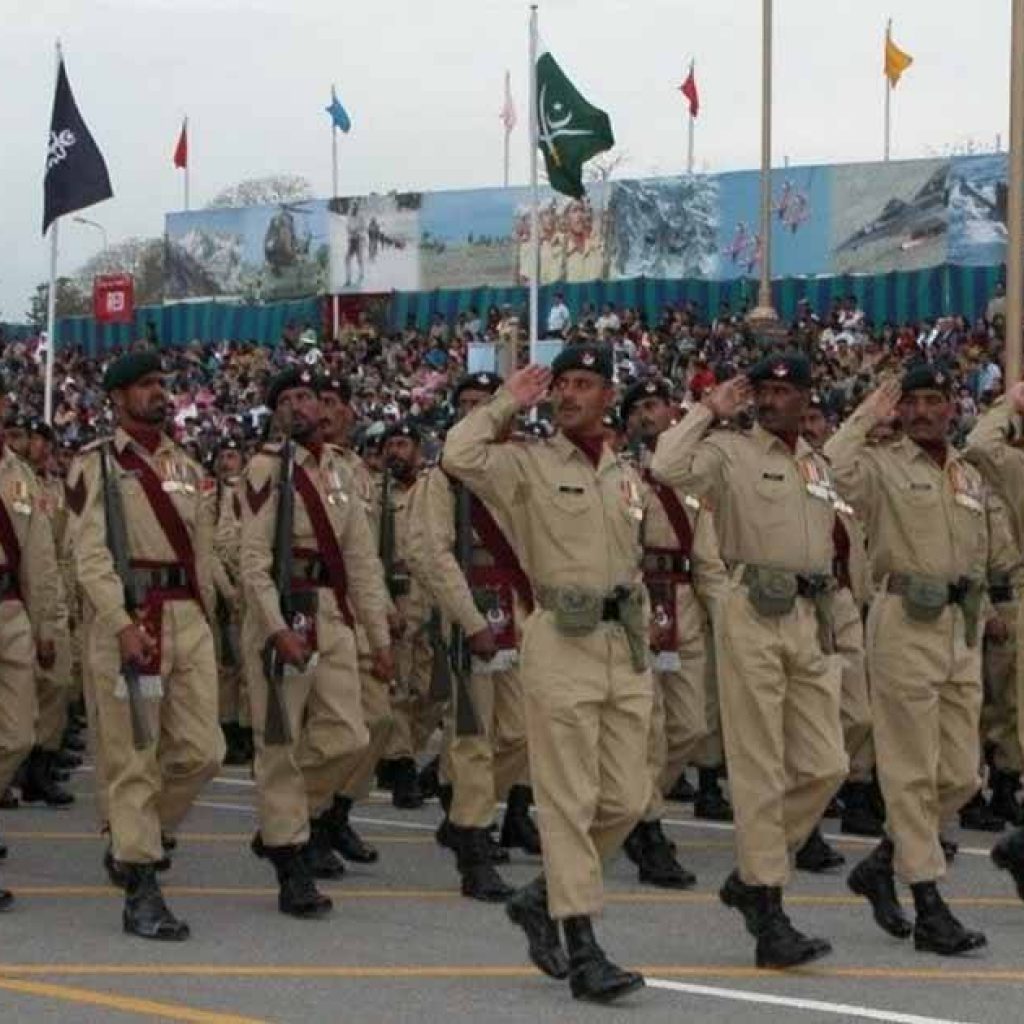
It is difficult to expect a lowering of the venomous rhetoric, going by the remarks of Pakistani commentators that the back-channel process was started on India’s request, though the UAE has claimed credit for breaking the ice between the two countries. Pakistan leadership obviously wants to tell the domestic audience that it will have the upper hand in any talks with India.
It is in public domain that the back-channel talks were largely conducted by retired or serving intelligence officials. It means that the secret talks enjoyed the backing of the all-powerful army and its chief, Gen Bajwa, who is the defacto-ruler of Pakistan. Yet, surprise of surprises the initiative is being publicly discredited by hardliners in the political and diplomatic establishments!
The March ceasefire move was arrived at after talks between senior military officers serving on the ground. They could not be unaware that their decision would lead to a ‘thaw’ in India-Pakistan relations.
These contradictory signals carry a home truth: General’s loud thinking that his country needs to be economically secure before it can become militarily secure, is a part of the much larger Pakistan plan: hoodwink the world and get breathing space for survival, while sustaining the bogey of Indian ‘hegemony’.
So, the short point is that the violation of the March ceasefire reaffirmation doesn’t come as a surprise.
READ MORE: ‘Pak willing to talk if India revisits its Kashmir move’
READ MORE: Narco smuggling into Kashmir on the rise


